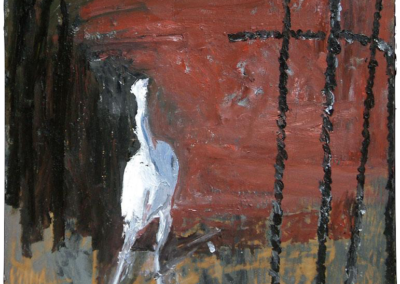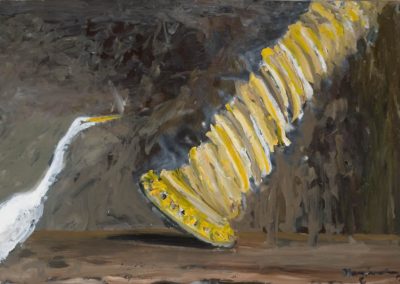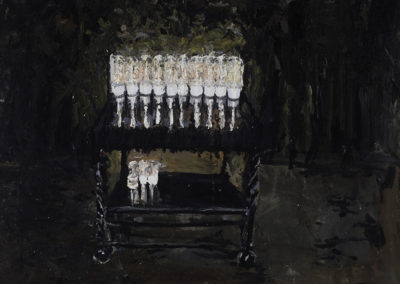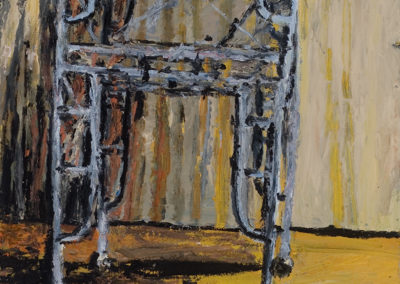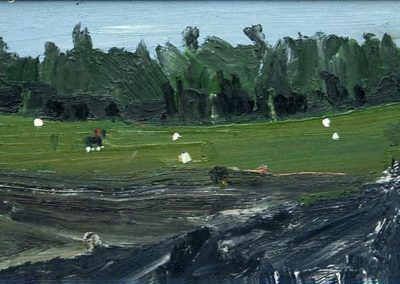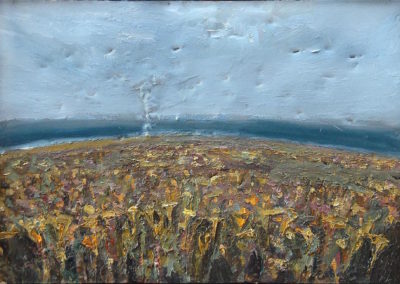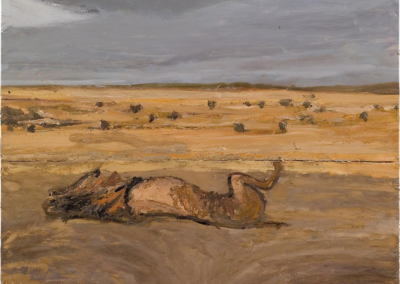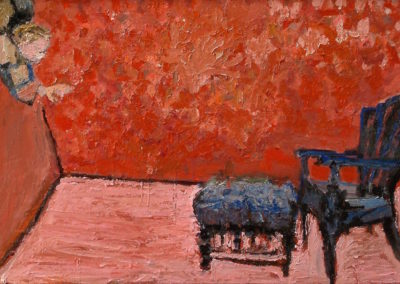New Work
2008
Beaux-arts des Amériques (bAdA), 3944, rue Saint-Denis, Montréal, Québec
T.S. Eliot’s Four Quartets
Commentary
The Four Quartets were written over a period of eight years, from 1935 to 1942. These years span World War II; they also follow Eliot’s conversion to the Church of England and his naturalization as a British subject. These poems are the work of an older, more mature, spiritually attuned poet, facing a world torn by war and increasingly neglectful of the past. Each of the Four Quartets considers spiritual existence, consciousness, and the relationship of the present to the past. Whereas The Waste Land and others of Eliot’s early works take an interest in the effects of time on culture, the Quartets are concerned with the conflict between individual mortality and the endless span of human existence. Accordingly, each quartet focuses on a particular place with its own distinctive significance to human history and takes off from that place to propose a series of ideas about spirituality and meaningful experience. Each quartet separates into five sections; Eliot used these divisions and the transitions between them to try to create an effect he described as similar to the musical form of the sonata. The Quartets, thus, display none of the fragmentation or collage-like qualities of Eliot’s earlier poetry; instead, Eliot substitutes an elegant measuredness and a new awareness of language: Puns and other forms of wordplay occur with some frequency.

